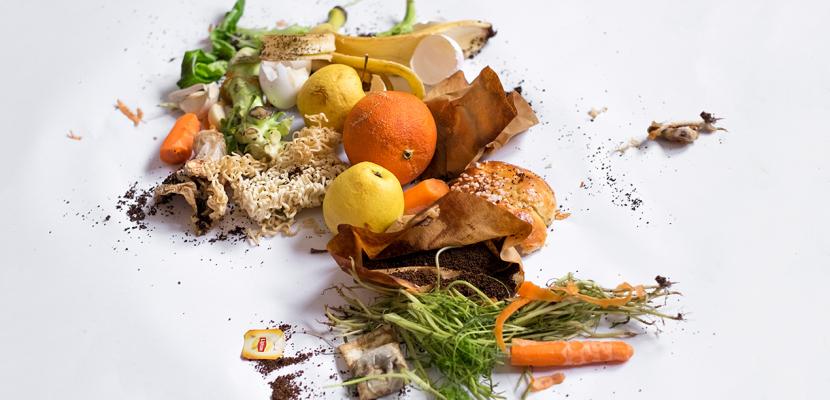
Community composting of foodwaste

About this good practice
The project is carried out in the ITI zone (Integrated Territorial Investment Zone) established by the regional government in the Montiel region. In the municipality of Villanueva de los Infantes, two specific centres have been selected to implement the initiative for the separate collection of foodwaste in large generators. The action plan focuses on the organic waste generated in the kitchens of a nursing home and an occupational centre.
The centres participating in the project are the Santo Tomás Senior Citizens Residence Foundation and the ADIN Occupational Centre, each of which contributes its bioresidues, performs the composting tasks and uses compost in its own facilities.
The Consortium, a public company that manages both the collection and treatment of municipal waste from 92 municipalities and 400.000 inhabitants, among which is the municipality of Villanueva de los Infantes, will lead the project and use it as experience to be applied in other areas where waste management is carried out, and even serve as a reference to be implemented in other areas of Castilla La Mancha.
Expert opinion
The revised Waste Framework Directive orders a separate biowaste collection or recycling at the source since the end of 2023. Across the European Union, somewhere between 118 and 138 million tons of bio-waste are generated every year, of which currently only about 40% is effectively recycled into high-quality compost and digestate. As up to 50% of municipal solid waste is organic, the bio-waste fraction plays an important role in the transition to circular economy and contributes significantly to meeting the overall recycling target of 65% by 2035. Composting is presently the dominant form of bio-waste recycling in the EU, and an effective way to recycle the nutrients back to the soil. This practice is a positive example of local actions undertaken to address food waste at a small scale, i.e. in two selected facilities with significant amount of generated food waste. The approach including the actions towards raising awareness of environmental protection can be interesting for other regions that face challenges with food waste and have similar socio-economic characteristics.
Resources needed
For the follow-up and coordination, the Consortium will allocate 0.2 persons/year, and 0.2 persons/year more for the composter control and the application.
Evidence of success
There is an active participation of the staff, once they have been informed of the process, thereby promulgating a new lifestyle in terms of waste management
Potential for learning or transfer
This initiative can be transferred to those European agricultural regions having similar socio-economic characteristics and that need to improve efficiency in the management of their waste.
Furthermore, this experience helps to encourage the active participation of various administrations and to improve citizens' environmental education with real cases of easy dissemination.
Good practice owner
You can contact the good practice owner below for more detailed information.
Domestic Waste Management Consortium of province of Ciudad Real - Consorcio para el tratamiento de los residuos domésticos de la provincia de Ciudad Real

